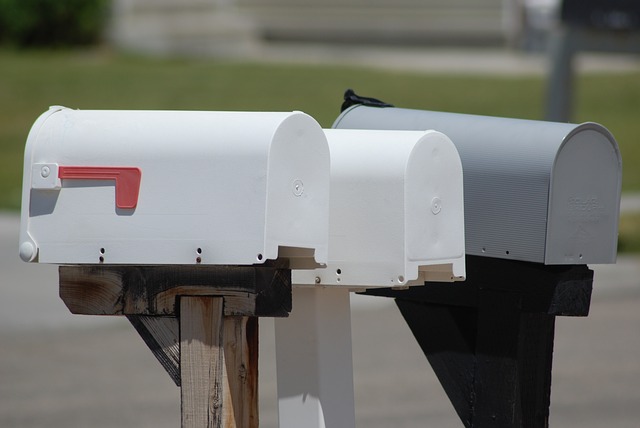Many different federal tax changes come into effect in 2019. Here are some things to know that may affect your household…
First up, in January, Canadians’ Canada Pension Plan contributions increase from 4.95 per cent to 5.1 per cent on earnings between $3,500 and $57,400. It’s the first of five years of graduated increases running until 2023, when the rate will reach 5.95 per cent. The increases are set to pay for what eventually will be an enhanced CPP.
Another change will be a drop in Employment Insurance premiums, from $1.66 to $1.62 per $100 of insurable earnings.
In 2019 low income workers will be able to qualify for a more generous Canada Workers Benefit, a program intended to help the working poor stay employed. The maximum benefit will increase by $300 to $400, based on whether the applicant is single or part of a family. That brings the maximum benefits to $1,355 for a single person or $2,335 for a single parent or couple, depending on personal incomes. Note that although 2019 is the eligibility year, low income workers will have to wait until 2020 to get the boosted benefit.
Small Business Changes
The federal government is making changes to the rules around small business taxes. The most controversial change affects the rules on how much passive income an incorporated small business can hold.
Passive income is money earned in interest on funds that sit idle within an incorporated business, without being reinvested or used to cover operating expenses. As of January 1, business owners can generate up to $50,000 in passive income before they start to lose access to the advantageous small business tax rate.
Small businesses pay a fairly low tax rate — 10 per cent — on the first $500,000 of business earnings. But starting in January, if those businesses hold in excess of the new limit on passive income, some of that first half-million in earnings will be subjected to the much higher corporate rate, depending on how far over the new limit they are.
The good news for small businesses however, is that they will see their tax rate is going down from 10 to 9 per cent in 2019. Overall the federal government estimates the average small business — one that has eligible business income of $107,000 — will keep an extra $1,600 per year after the cut.
Gas Up

In 2019 the new carbon pricing system will kick in. The government estimates that, once the carbon tax is in place in the provinces where it will be imposed, the cost of a litre of gasoline will go up 4.42 cents, natural gas will go up 3.91 cents per cubic metre and propane will go up 3.10 cents a litre.
People in those provinces will get direct rebates to offset the increased costs. The amount will vary based on the province and the number of people in the household. In Ontario, for example, the rebate for the average household (defined as 2.6 people) would be about $300 a year.
In jurisdictions that don’t have carbon pricing mechanisms of their own, Ottawa will levy a tax on fossil fuels of $20 per tonne of greenhouse gas emissions starting in the new year, rising by $10 each year to $50 a tonne by 2022.
Emissions over set limits from large, industrial emitters in provinces without carbon pricing systems will fall under the federal governments carbon pricing rules starting in January. For consumers, the cost of fossil fuels and the services they support will start going up in April.
Other Things…
Postage Up
$1.05 for a single domestic letter mail stamp
$1.27 for a U.S. letter mail stamp
$2.56 for an international stamp
Personal Taxes
Many personal income tax credit and benefit amounts are being indexed to inflation:
The basic personal amount rises to $12,069
The annual contribution limit to tax-free savings accounts will increase to $6,000 from $5,500
To receive similar content, “Like” us on Facebook @ https://www.facebook.com/niagarabuzz.ca










